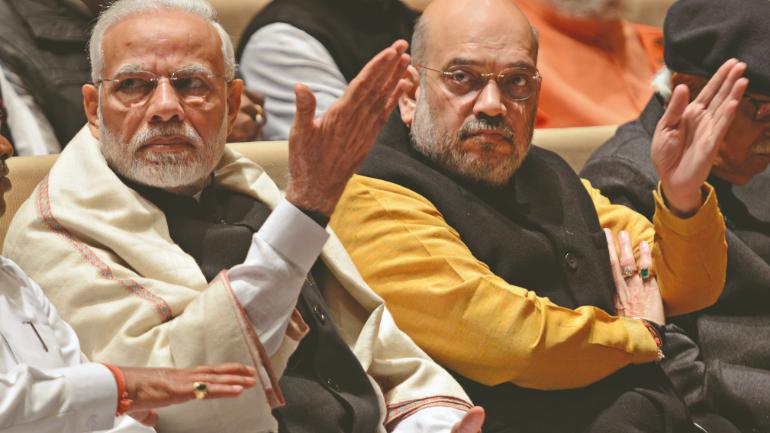With the long-awaited release of the BJP’s election platform, it’s time to take a closer look at the poll-promises fight taking place in the Gujarat assembly elections. With promises to create a Uniform Civil Code, a bill to seize the assets of rioters, a deradicalization cell within the police force, and stringent limitations on religious conversion, the manifesto plays to the Hindutva gallery. That’s not just empty talk.
The Bharatiya Janata Party (BJP) has demonstrated that these kinds of promises resonate with a certain subset of Gujarat voters, and neither the Congress nor the occasional Hindutva-lite excursions by the Aam Aadmi Party (AAP) have offered an effective response.

Despite BJP’s seeming dominance in shaping the terms of public debate across sectors, there is one area in which political parties are largely indistinguishable from one another. In Indian politics, the competition to promise welfare and freebies is the common denominator, regardless of whether a government is actually capable of delivering them.
In general, opposition parties make unrealistic promises. The BJP has promised similar benefits to voters as Congress and AAP have in the past, including free power, free education, free healthcare, subsidised cylinders, an old pension programme, a farm debt forgiveness, and so on. Tamil Nadu, which is no stranger to freebies, rejected the BJP’s offer of free electric scooters for college-aged women because of the poor collective advantages.

It is time for quality and capacity to be considered while providing goods, services, and money at no cost or at reduced prices. Students benefit more from free access to a high-quality education. Free medical treatment and diagnostic services promised by the BJP and the Congress in Gujarat are unlikely to be provided by a government that is 99 percent short of specialists.
Voters’ expectations for freebies will be tested by their own bitter experiences with bad delivery. Furthermore, middle-class people are interested in more than just free stuff.
Here is where the freebie-first policy of AAP and Congress fails to effectively threaten BJP. The BJP has certainly attempted to not completely abandon the “pro-poor” platform to the opposition, despite the fact that the BJP has already joined the freebie game.
As time goes on, its efforts to reach out to middle-class people are more robust than ever. As an example of their comprehensive approach, BJP has pledged to make Gujarat a $1 trillion economy and to host the Olympics to Ahmedabad in 2036. Can Gujarat serve as a model for “job-full” growth in India, with its three major political parties each promising to create between 10 and 20 thousand new jobs? Unlikely. In spite of repeated promises, our netas have yet to fulfil this one.

